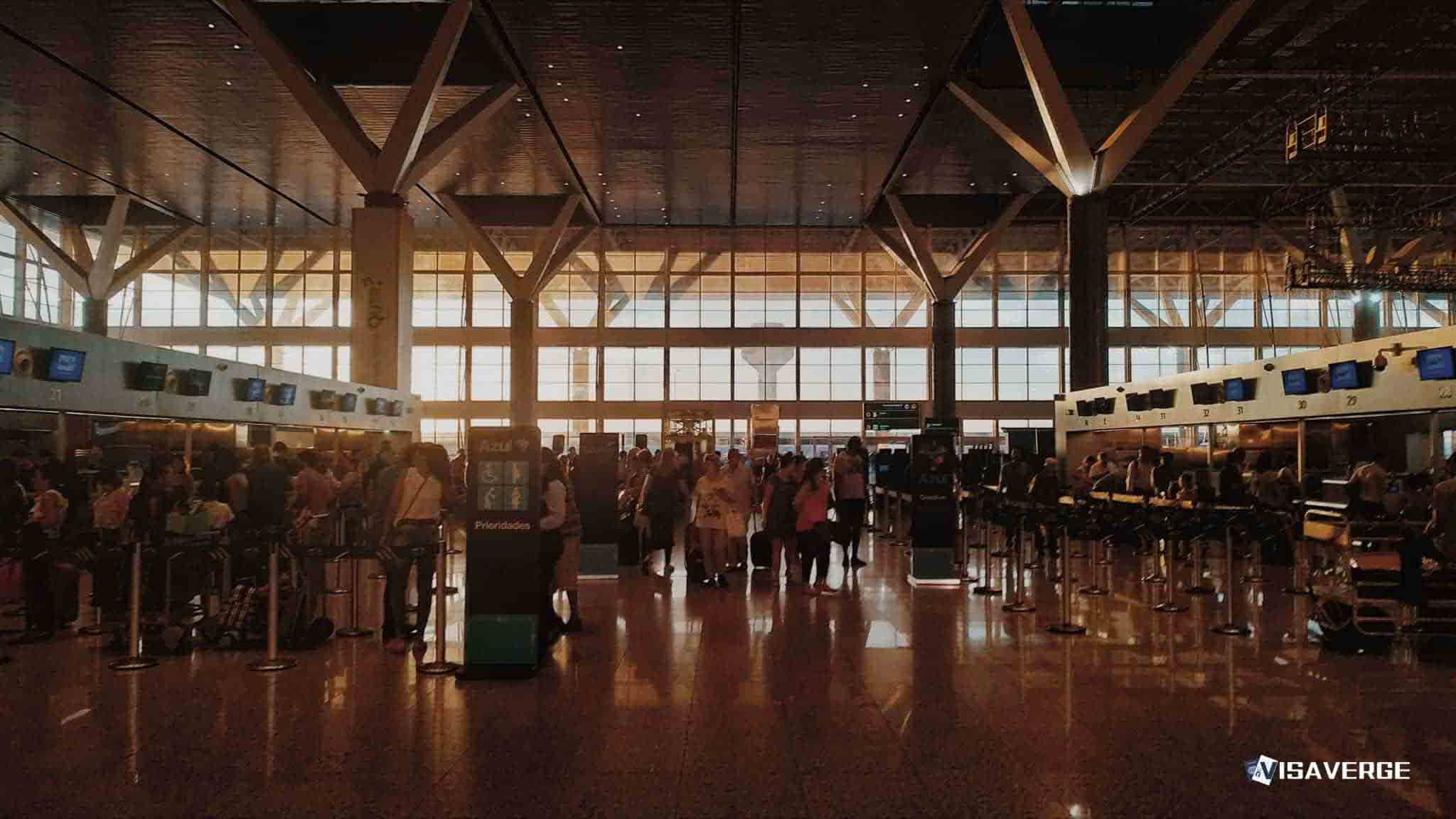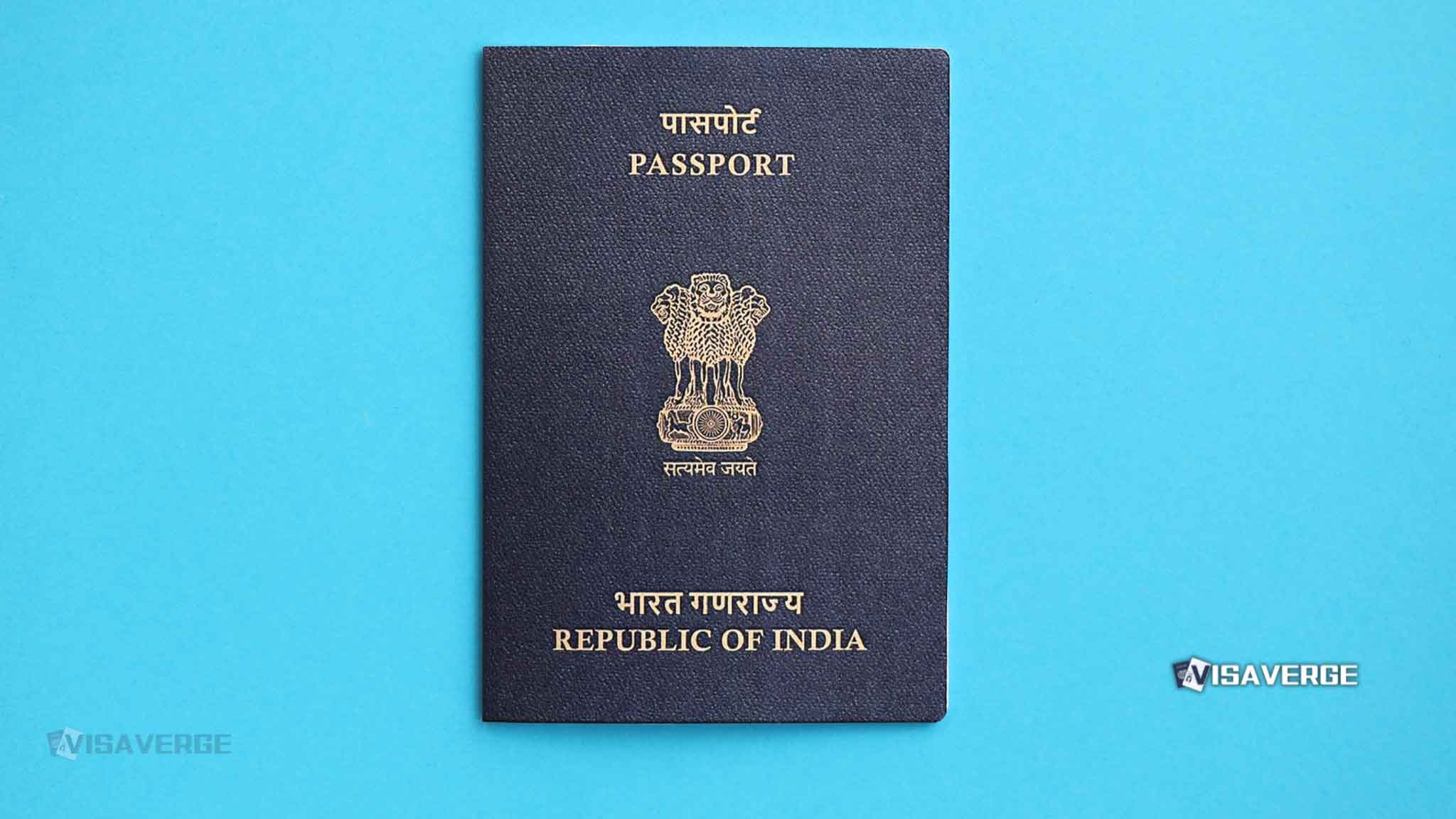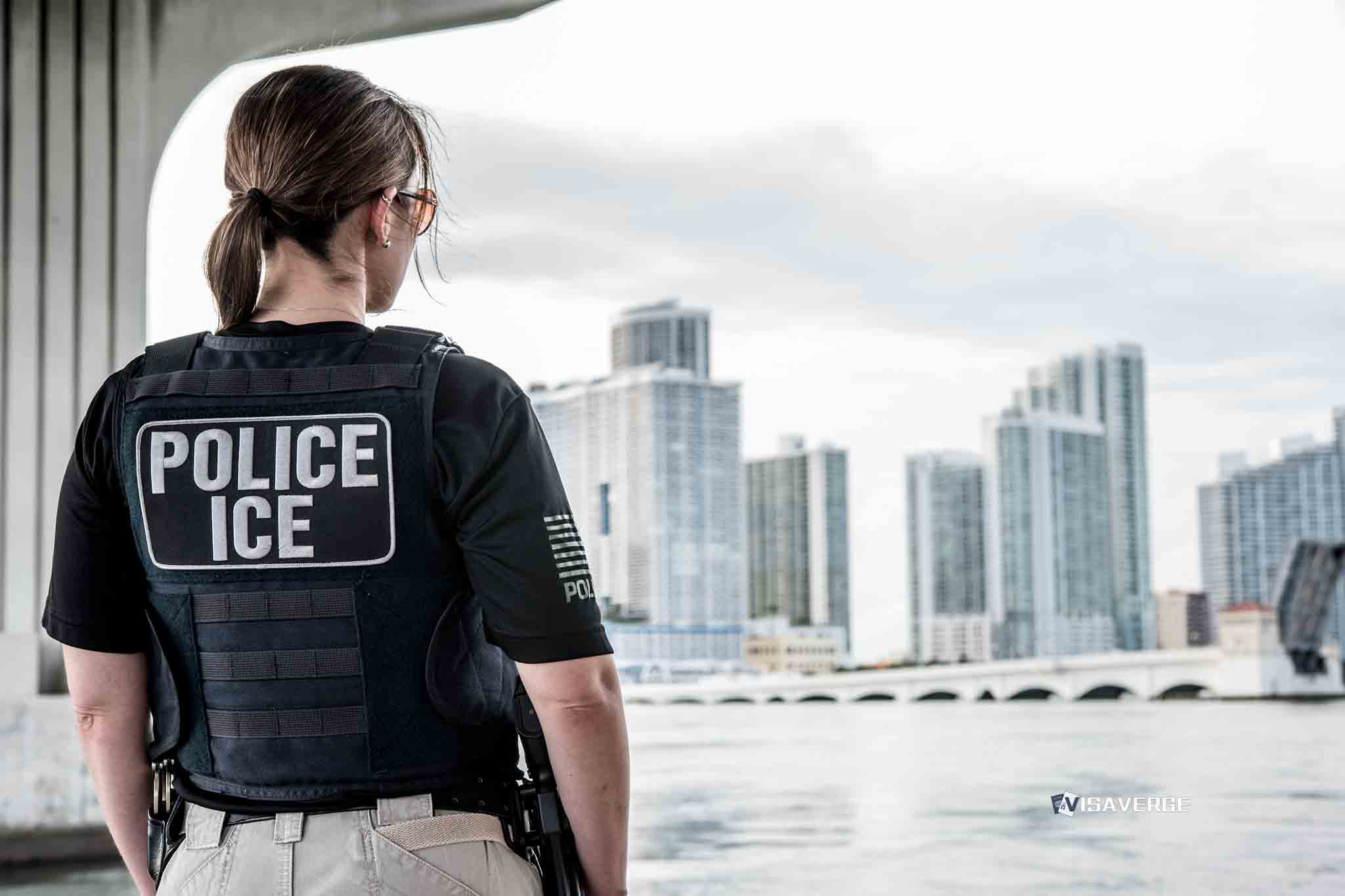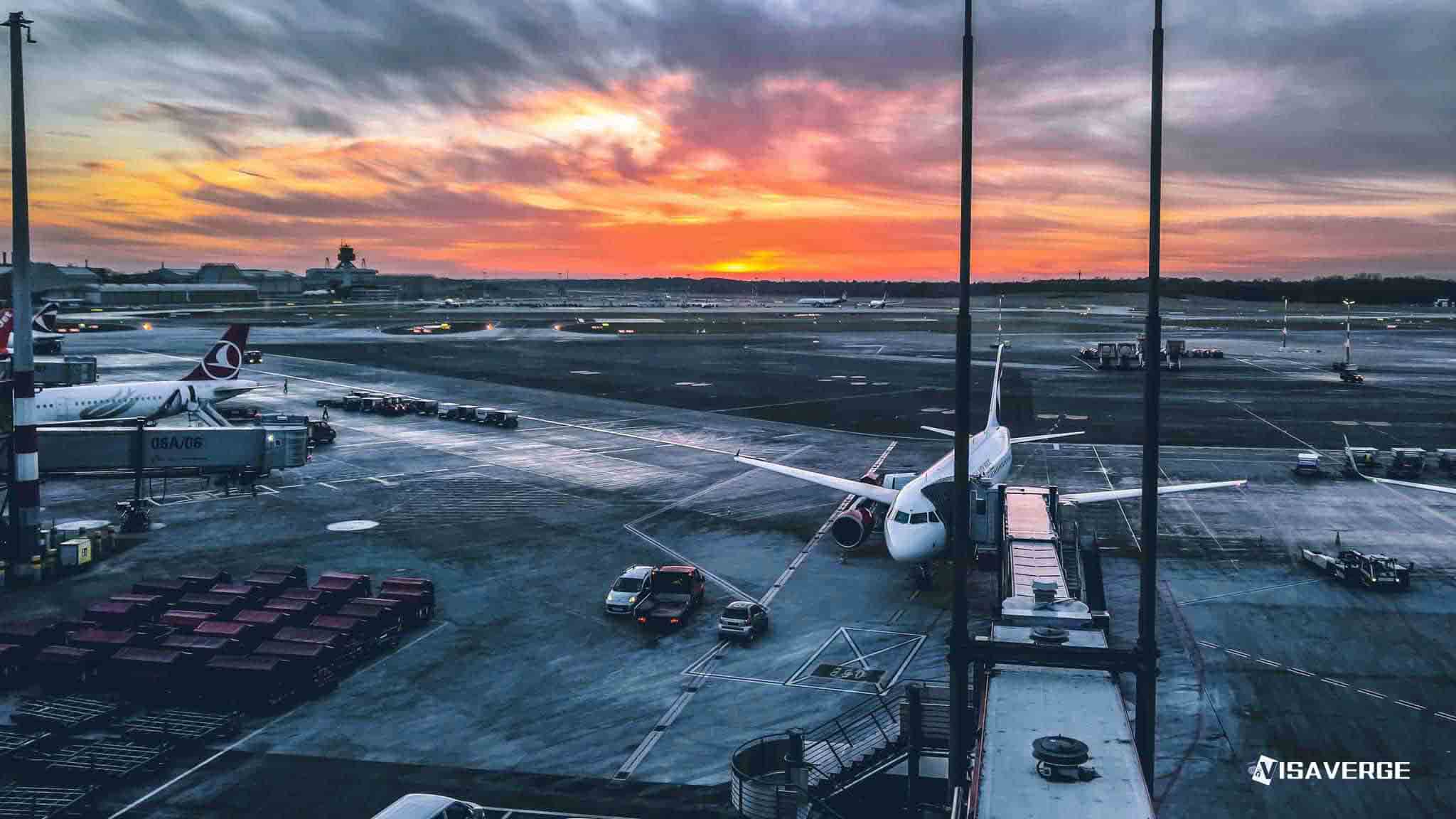Key Takeaways
• Maximo Londonio, a green card holder, was detained at Seattle-Tacoma International Airport on May 15, 2025.
• His detention stems from nonviolent criminal convictions from nearly 20 years ago that were already legally resolved.
• Community outrage and legal uncertainty have grown, with supporters demanding review of policies affecting long-term lawful residents.
A Washington state family’s recent return from vacation has become the center of widespread attention and concern after Maximo Londonio, a green card holder, was detained by immigration agents at Seattle-Tacoma International Airport. The case has brought out a strong response from the local community and raised questions about the country’s immigration enforcement, especially when it comes to long-term permanent residents with older, nonviolent criminal convictions. This article takes a detailed look at what happened, the rules behind it, community reactions, and what it means for others in similar situations.
A Family’s Journey Interrupted at Seattle-Tacoma International Airport

On May 15, 2025, Maximo Londonio — a resident of Olympia, Washington — landed at Seattle-Tacoma International Airport after a family trip to the Philippines. His wife, who is a U.S. citizen, and their three daughters cleared customs without problem. But Maximo, who has lived in the United States since age twelve, was stopped and later detained by Customs and Border Protection (CBP) agents. Before he knew what was happening, his return home turned into a days-long ordeal, leaving his family separated and worried.
Who Is Maximo Londonio?
Maximo Londonio has deep roots in Washington state. He grew up in the United States, marrying an American citizen and building a life in Olympia — where he is active as the lead member of his local union in the nearby town of Lacey. Maximo is the father of three daughters and, according to family members, has spent decades as a peaceful, hard-working resident. The only cloud in his record is a set of nonviolent criminal convictions from when he was much younger, almost twenty years ago. His family says he satisfied all court requirements long before this recent trip.
CBP Detainment at Seattle-Tacoma International Airport
The events at Seattle-Tacoma International Airport weren’t the first time CBP officers had paid special attention to Maximo. His wife remembers times when he was briefly stopped or questioned when coming back from other travels, but these checks were usually short and did not lead to any serious action or long-term delays. This time, however, something changed: instead of a routine stop, he was detained and taken into custody, leaving his family on their own at the busy airport.
Why did CBP act now? According to both his relatives and advocacy groups, the reason appears tied to those two-decade-old, nonviolent offenses. While all legal matters connected to those convictions were resolved years ago, it is possible for immigration agents to treat any criminal record, even old or nonviolent ones, as a basis for extra questioning and, in some cases, possible removal from the country.
Federal Policy on Green Card Holders With Convictions
People like Maximo Londonio — lawful permanent residents, also called green card holders — do have strong rights to live and work in the United States. Still, their permission to stay can sometimes be threatened by criminal convictions, even if those occurred long ago and were nonviolent. Under U.S. immigration law, there are specific rules about what kinds of crimes make someone “removable” or ineligible to come back into the country after a trip overseas. These rules can be confusing and, as in Maximo’s case, very stressful for families.
When green card holders travel abroad, they do not have the same protections as U.S. citizens when returning to the country. If CBP officers see anything in their background — such as old convictions — that they feel might violate the rules, they can hold, question, and even start removal proceedings against people who may have lived in the U.S. for nearly their whole life.
Community Outrage and Support
The news of Maximo’s detainment spread quickly through the Filipino community in Western Washington. Friends, family members, and supporters gathered outside Seattle-Tacoma International Airport to demand answers and push for his immediate release. The community group Tanggol Migrante took a lead role in raising public awareness, organizing rallies, and making sure the story reached the media. These efforts aimed not only to help Maximo but also to draw attention to the broader treatment of long-term immigrants and green card holders when returning home.
Rallies outside the airport saw people holding signs and chanting for justice. The support network wanted everyone to know that Maximo is not just a name in the news — he’s a father, a husband, a worker, and a valued member of their community, whose family is now dealing with uncertainty and heartbreak.
Ongoing Detention and Unanswered Questions
As of May 20, 2025, Maximo Londonio remains in custody. The family and their advocates have yet to receive clear answers about what will happen next. Some worry he may be moved soon to the Northwest ICE Detention Center in Tacoma, a facility known for holding people facing immigration problems, sometimes for months at a time.
Customs and Border Protection has said little about why Maximo is being held or how the next steps will play out. This lack of information leaves the family and their supporters desperate for news and frustrated with a system they see as too harsh and unforgiving — especially for people with old, minor convictions who have lived stable lives for many years.
How U.S. Immigration Law Treats Old Convictions
Immigration rules about crimes are strict. While not every past crime leads to removal, certain offenses, especially those labeled “crimes of moral turpitude” or “aggravated felonies,” can cause trouble, even if they happened years ago. Sometimes, these terms cover a wider range of actions than people realize, including some nonviolent acts. As reported by VisaVerge.com, even decades-old convictions can be used as a reason to hold or deport someone, especially when they come back from trips outside the United States.
It is important for green card holders to know that traveling abroad can sometimes lead to closer checks at the border. Something from the distant past might trigger extra questions or even lead to detention. The goal might be to protect public safety, but the policy often causes stress and hardship for people who have worked hard to live peacefully in their communities.
The Broader Impact: Community Fears and Legal Confusion
The events at Seattle-Tacoma International Airport have broader effects than just one family. Many green card holders in Washington state and beyond are now more worried about traveling, even to visit sick relatives or attend important life events. According to community members, these fears are not new, but each new case brings them to the surface again.
- Some families are rethinking travel plans altogether, frightened by the possibility of being detained upon return to the United States 🇺🇸.
- Workers, especially those who are leaders in their unions or active in local groups, worry about being separated from their families and communities without notice.
- Immigrant advocacy groups have stepped up efforts to educate people about legal risks, encouraging green card holders to consult with an immigration attorney before making international travel plans.
With the public spotlight on the Maximo Londonio case, legal experts and advocacy groups are also pushing for changes to immigration policies. They argue that the United States 🇺🇸 should take into account a person’s full history, including family ties and community service, before removing lawful residents over old, nonviolent crimes.
Potential Transfer to the Northwest ICE Detention Center
The threat of transfer to the Northwest ICE Detention Center in Tacoma worries many. This facility, one of the largest of its kind in the region, is where people facing removal can spend long stretches of time, often with little access to family or legal help. Once in this center, it becomes harder for families to stay in touch, and court hearings can take weeks or even months to schedule.
The possibility that Maximo could soon be moved there has made his supporters even more determined to push for his release. For families already feeling powerless, seeing loved ones moved from one kind of custody to another makes the process feel even more overwhelming.
The Role and Responsibility of CBP
Customs and Border Protection’s job covers many areas, but one of their main duties is screening people entering the United States 🇺🇸. At places like Seattle-Tacoma International Airport, CBP officers often have wide authority to question travelers with anything unusual in their background, including old or nonviolent convictions.
CBP can detain people until Immigration and Customs Enforcement (ICE) decides whether to begin removal proceedings. But the lack of clear guidelines and few details provided to families during this process make the ordeal even harder to handle.
- CBP officials often do not immediately explain why someone is being held.
- Most decisions about detention are made with limited communication to the family.
- The rules and paperwork involved can seem confusing, especially under stress.
For more information about the official rules and travel tips for lawful permanent residents, you can visit the CBP website on international travel.
Immigrant Rights and Advocacy
Advocacy groups have pointed out that lawful permanent residents like Maximo Londonio do have rights — but exercising those rights can be difficult when up against the immigration system. Anyone detained while returning from travel should be given access to legal counsel. Attempts to limit these rights can draw criticism and bring calls for reform.
Groups like Tanggol Migrante work not just to help people in crisis but also to support changes so fewer families face these scary and uncertain situations in the future.
Lessons for All Green Card Holders
The Maximo Londonio case is one of many that shows the risks facing green card holders with old convictions. Even when legal issues were resolved years ago, travel abroad can suddenly bring these matters to the surface again.
Important things to remember if you are a green card holder:
– Always check with an immigration lawyer before leaving the United States 🇺🇸 if you have any criminal history, no matter how old or minor.
– Keep records of court cases and proof that all orders, fines, or community service have been completed.
– Be aware that at airports like Seattle-Tacoma International Airport, CBP has the power to review your background and decide whether further action is needed.
– If detained, ask to contact a lawyer and make sure your family knows how to reach you.
Calls for Policy Review and Public Awareness
The outcry in Washington state over Maximo Londonio’s detention has sparked a bigger conversation. Supporters want more public education about the risks and rights of permanent residents. They are also pressing lawmakers to update the laws so that old, nonviolent convictions alone do not bring the threat of removal for well-settled residents.
Analysis from VisaVerge.com suggests that a clearer, fairer immigration system could help prevent stories like Maximo’s from repeating in the future. Lawmakers, immigrant families, and communities across the country continue to call for reforms that balance safety and fairness.
Conclusion: Family Separation and the Need for Change
The case of Maximo Londonio — a longtime Washington state resident stopped and detained at Seattle-Tacoma International Airport because of decades-old, nonviolent convictions — highlights many of the biggest worries in today’s immigration system. It shows how quickly a family vacation can take a painful turn and how confusion and fear can affect whole communities. The strong response from his supporters, combined with growing legal questions, shows that many people are paying attention and want change.
For green card holders, especially in places like Washington state, the case is a reminder to stay informed, seek legal advice, and connect with advocacy groups. For lawmakers and officials, it is one more reason to look closely at the long-term effects of current policies. With public attention growing, the hope is that cases like Maximo’s will push for a more just and thoughtful approach — one that protects families, supports lawful residents, and reflects the country’s values of fairness and inclusion.
Learn Today
Green Card Holder → Someone granted lawful permanent resident status in the U.S. with the right to live and work indefinitely.
Customs and Border Protection (CBP) → The federal agency responsible for screening and inspecting travelers at U.S. entry points, including airports.
Removal Proceedings → Legal process to determine if a noncitizen will be deported or allowed to remain in the United States.
Crimes of Moral Turpitude → Offenses viewed as inherently immoral, which can have immigration consequences even if nonviolent or old.
Northwest ICE Detention Center → A facility in Tacoma, Washington, used to detain people facing immigration issues or deportation.
This Article in a Nutshell
A family’s routine return at Seattle-Tacoma International Airport ended in drama when Maximo Londonio, a green card holder, was detained over decades-old, nonviolent convictions. Community uproar followed, raising crucial questions about the rights, risks, and treatment of long-term residents at U.S. borders and airports today.
— By VisaVerge.com
Read more:
• Alaska Airlines jets in wingtip collision at Seattle-Tacoma airport
• Seattle-Tacoma International Airport bracing for record Memorial Day crowds
• Seattle-Tacoma International Airport Gets First Tokyo Route
• Seattle-Tacoma International Airport Faces Strike Threat
• Paris-Orly Airport Meltdown Strands Thousands for Second Day













